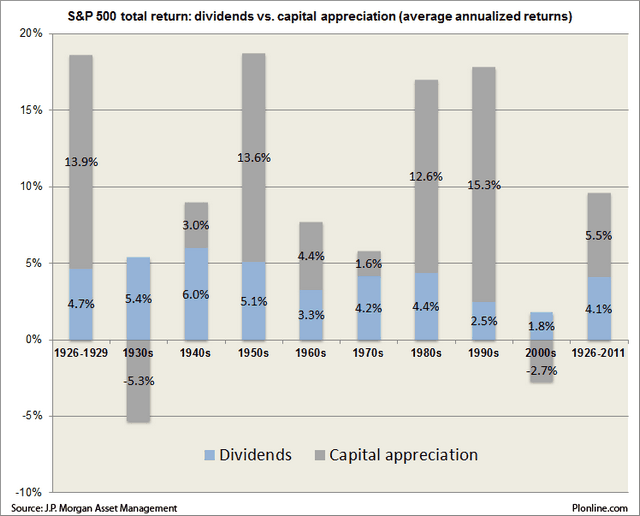Foreign Dividends Tax Rates Large Payers ADRs ETFs
Post on: 13 Июнь, 2015 No Comment

Getting Involved in Foreign Stocks
Sometimes investors get so caught up in the domestic stock markets that they totally miss a wonderful opportunity to invest in companies abroad. To some it might seem like a daunting task to put money into an area that is so, for lack of a better term, foreign to them. Though the United States stock markets are the largest in the world, 50% of the world’s stock market investing opportunities are outside of the USA’s borders. That means that by strictly investing domestically an investor is missing half of all trading and investing potential in the world!
But you do not necessarily have to focus on foreign stock exchanges to invest in foreign companies. American Depository Receipts, or ADRs, allow foreign companies access to trade on the NASDAQ, New York Stock Exchange, or another domestic stock market. Investors are able to purchase shares in the form of American Depository Shares, or ADS, in US currency. They are bought and sold like regular shares and still pay dividends. It is an easier and more familiar vehicle to get involved with foreign stock trading.
Another way to get involved in foreign stock trading is actually trading on a specific stock exchange, like the Tokyo Stock Exchange or the London Stock Exchange. By investing abroad, it can limit the potential losses brought about due to American instability. When investors are worried about the U.S. market, putting money in foreign and emerging markets allows investors to diversify their portfolio and hedge against economic troubles domestically and abroad.
20World%20Flags.jpg /%
There are also possibilities to see tremendous gains in emerging markets across the globe. For example, if an investor were to have invested in South Korea, Hong Kong, Singapore, and/or Taiwan (the Four Asian Tigers) in the 1990s, they could have seen gains in markets that grew at higher than normal rates. While these are unusual circumstances, there are always opportunities all over the world for markets to experience higher growth rates than domestic markets. It may take time and research, but the potential gains are out there if an investor is willing to put in the work [see also The Unofficial Dividend.com Guide To Being An Investor ].
By the same token, however, dangers exist in foreign markets.
5 Potential Concerns for Foreign Dividends
So while foreign stocks do bring about a plethora of opportunities, there are definite drawbacks to investing abroad. Here are five potential concerns for foreign dividend stock investing:
1. Foreign Dividend Tax Issues
An investor must be careful when investing in foreign stocks because of certain tax implications. Many countries will tax dividends paid out to foreign investors at a higher rate. So the 7% dividend yield paid out by a company can actually be significantly less if the country deducts a significant amount of withholding taxes. However, some countries, like the U.K. India, and Argentina, do not tax dividends paid to U.S. residents at all. This fact is due to agreements between the U.S. and those countries to not impose dividend taxes on each other.
Such cases are the exception, not the rule, however. Some of the larger withholding tax rates by some countries on dividends paid to U.S. residents are:














